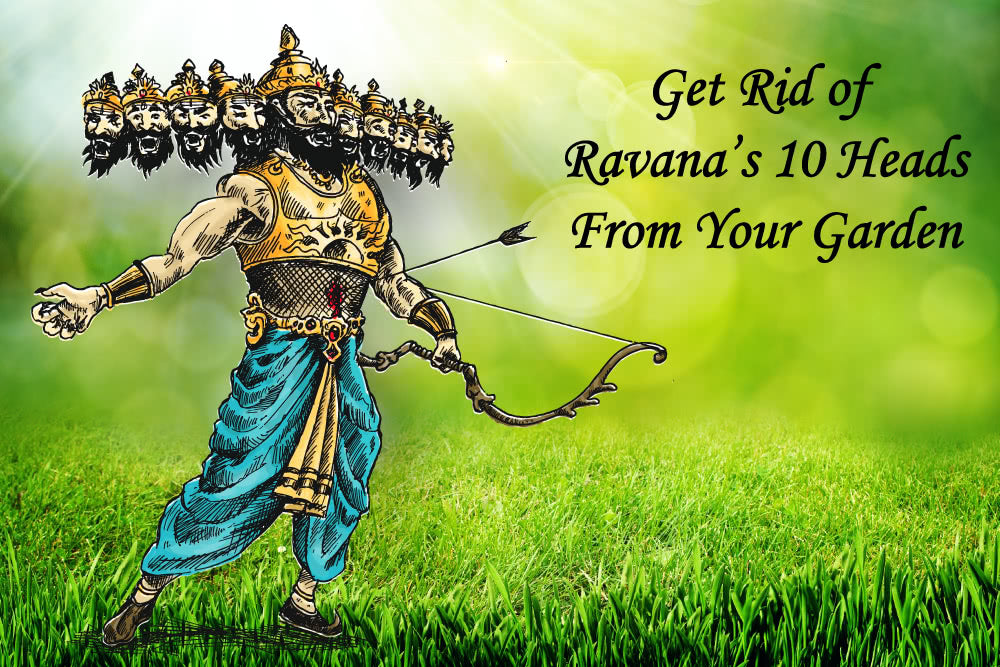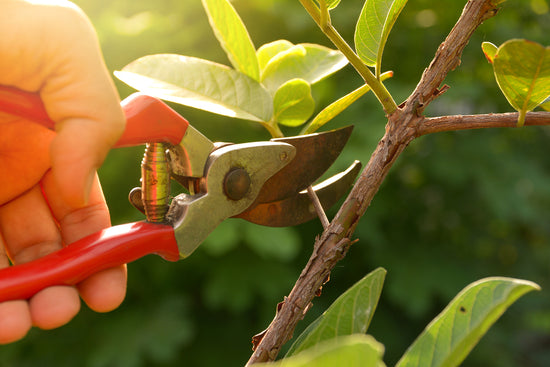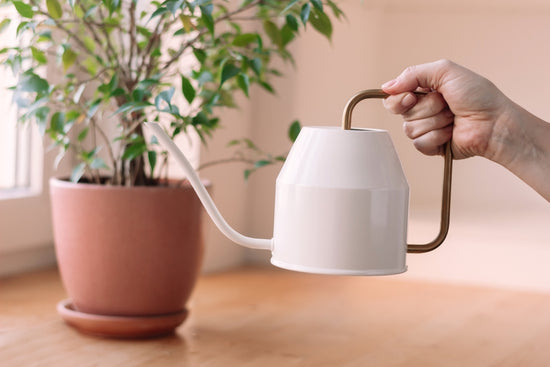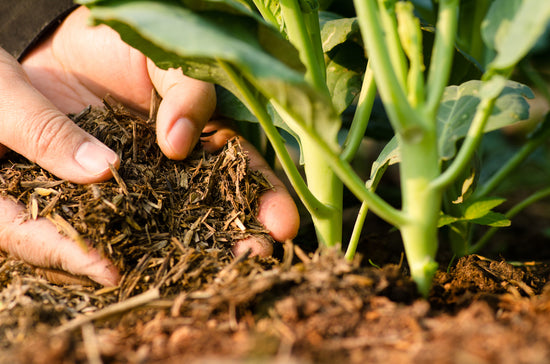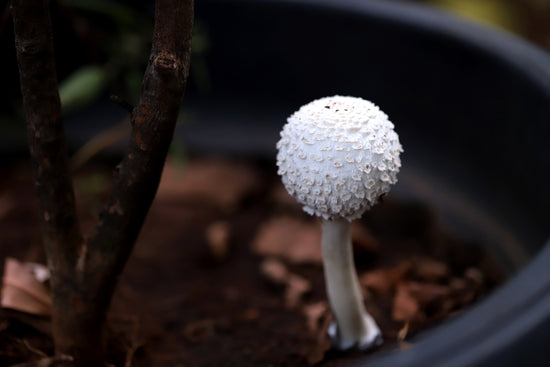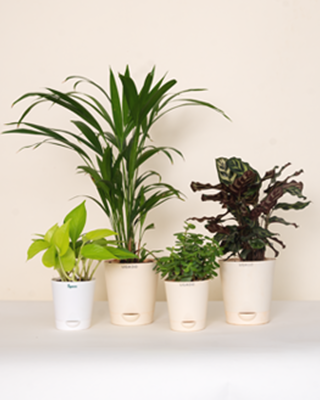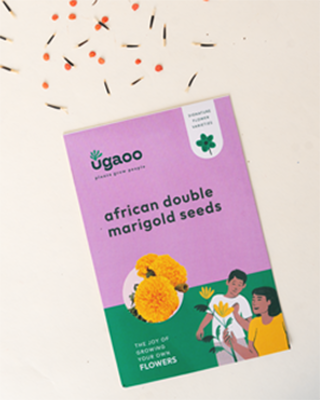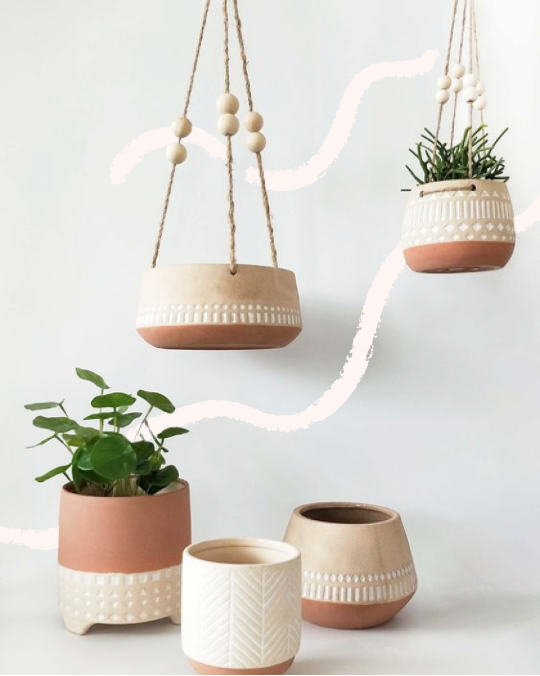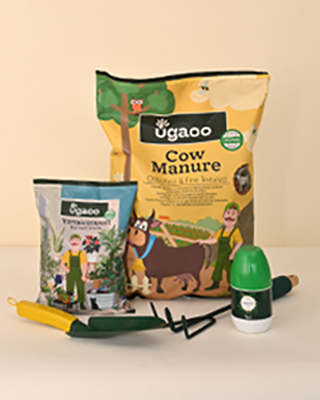But, before that do you know the mythology behind Ravana’s ten heads?
In few versions of the Ramayana it is mentioned that Ravana did not have ten heads, but it appeared so, because of the optical illusion caused by the nine pearls necklace that was given to him by his mother.
The other versions state that to please Lord Shiva, Ravana cracked his head into pieces, but due to his unwavering devotion each piece spawns into a head.
Now getting back to the garden, are you ready to deal with Ravana’s ten heads?
1. Animal attack:
You walk into your garden only to find out that your vegetable plants are missing at ground level or container plants have been uprooted and crushed. There are bite marks on the plants, vegetables, fruits, and flowers are pounded. It is the animals getting in your garden and causing all the destruction.
To protect your garden, set up fencing around it. Use pet deterrents. In case of gophers and moles consider building raised beds. Read about 6 ways of building stunning garden fence.

2. Too much Sun:
Sun is pivotal for a garden’s health. But too much sun can drain the plants and make them look burnt and parched. The heat would affect the leaves and make them brittle and break very easily.
Use shade net in the garden to regulate sunlight. If you have a container garden, then move it to a shady location. For a long-term solution, plant fast-growing trees and shrubs. Read about how to protect plants in summer.

3. Too much or too less water:
Water is the elixir of life. Too much water can cause root rot, stunt the plant’s growth, turn the leaves yellow and cause the soil to develop mold. When you notice the onset of these symptoms then do inquire about the plant’s water needs, keep an account of the amount of rainfall you receive in your area. Read about 5 reasons your plants are turning yellow.
What if you don’t overwater and still notice the above signs of distress? Then, my dear, it is all about drainage. Fix your soil with some sand and then work on the overall drainage facility in the garden. Choose containers with proper drainage holes.
If the plant leaves seem curled, crispy and burnt, the soil bed is cracked then you need to water more! Set up an automated irrigation system to regulate the water supply in your garden. Add shade net to avoid excessive evaporation. For the soil to hold water for long time mix clay or add mulch - both these things will help retain water. Read about 20 essential tips on watering plants.

4. Invasive Plants:
Just like unwanted guests, invasive plants are worrisome too. They spread all across the garden, choke other plants and keep popping up aggressively.
If you have any of the invasive varieties in your garden, then transplant them to the containers away from other plants, as they have the potential to damage natural flora and fauna entirely. Buy live plants online in India.

5. Over or under fertilization:
Every gardener, be it a newbie or professional, loves to witness a thriving garden. But, for this taking resort to over-fertilization is not recommended. Why? Because it will wilt the plants, the leaves burned due to fertilizer will look just like the ones that have not been watered enough, the soil may turn whitish.
To avoid this, try and use organic fertilizers only. If you use synthetic ones, opt for moderate use only.
In case of Under-Fertilization, the plants may go weak or not flourish the ideal way. Leaves may mottle, and the plant might wither away. Remember, that your garden might not need fertilizer at all, but would rather be in dire need of compost and PH level balance. Read about types of plant fertilizer & how they help plant grow.

6. Weeds
This is the true Ravana and the evil every gardener dreads. Weeds spread vigorously and getting rid of them is pretty daunting. To clear them you need to uproot, use herbicide, add 3-inch mulch, use herbicides, or go for corn gluten that is an organic pre-emergent and a very effective one. Read about types of garden weeds.
It’s like fighting a war. Isn't it?
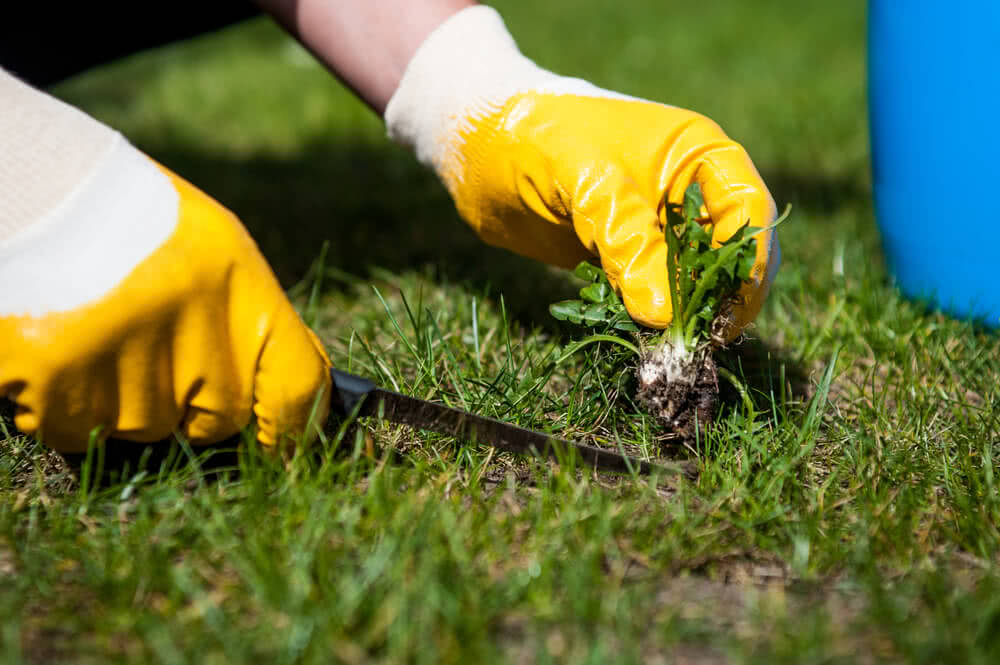
7. Yellowing Grass:
A lush green lawn turning yellow seems like being cursed. In this scenario, iron deficiency might be the reason. But if only a patch appears discolored, it might be due to the pet’s urine.
Solution to iron deficiency is sulfur. Add sulfur and avoid overwatering. Too much water might be the reason that efficient nutrients are leeching out of the soil. If your pet is the problem, train it to use only one area. Buy plant growth products online in India.

8. Powdery Mildew:
The powder-like coating on leave is Powdery mildew. This is a fungus that spreads over other plants and destroys the entire garden. Thus, discard the decayed leaves. Do not use them to create mulch or compost. Use earth-friendly fungicide every 7-10 days. Before spraying ensure that the plant is well hydrated. Water deeply before spraying and don’t spray when the sun is at its peak.

9. Slugs:
Slimy and slithery slugs are a pain as they damage the plants by chewing up leaves, fruits, vegetables, flowers, and shrubs. You can keep these pesky pests away with copper barriers, traps or as bait to catch and destroy other notorious pests. Birds and frogs feed on slugs, thus attracting to the backyard pond can provide as natural pest control as they feed on slugs. Read about how to get rid of snails & slugs.

10. Grubs:
Grubs are nothing but the larvae form of different insects, but they have the potential to wilt the plants, create dead patches and cause complete destruction. The remedy to this infestation is professional consultation to determine the grub variety that is causing the damage, lawn aeration, and use of specialized insecticides.

May you win over all these evils and destroy the ten heads of Ravana in your garden.
Happy Dussehra!

